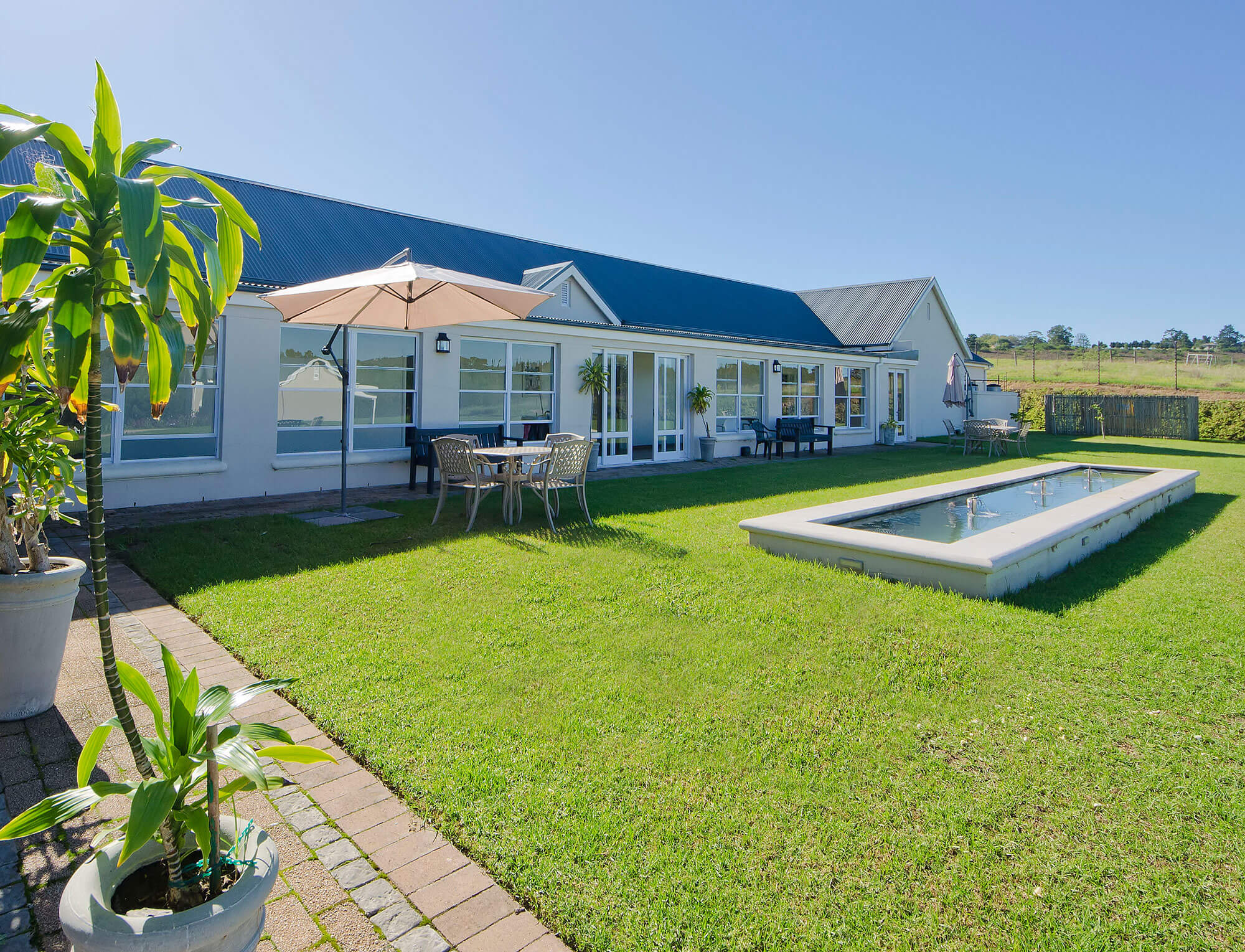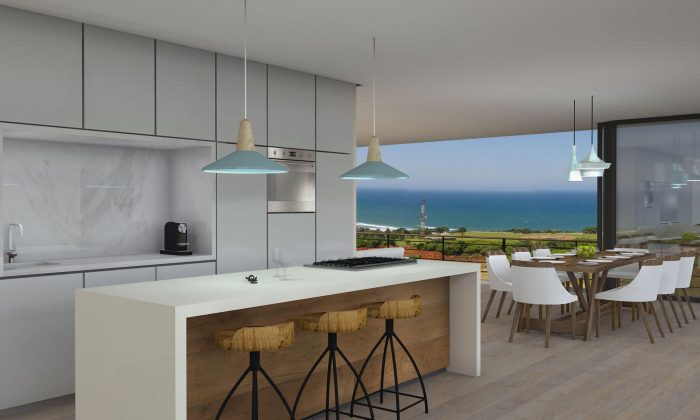Advertisement
One of the things one should look out for when choosing a retirement village, is the availability of healthcare facilities because – whether we like to admit it or not – we do become less strong, fit and resilient as we age.
And some of us might need special care. So perhaps we should ensure we really understand what is meant by ‘frail care’, ‘assisted living’, and all the other terms used to describe the slippery slope that is ageing.
Independent living
Before we look at the various types of care available, let’s define independent living. Even if you are living in a retirement village, with some meals provided, 24-hour security, and on- call emergency assistance, you are considered to be living independently if you are in your own home, cooking your own meals and washing and dressing yourself.
Ageing in place or home-based care
There is very little doubt that, no matter how ill or frail people are, they are happier in their own homes than in an institution. So there is a growing trend of moving towards home-based care rather than centralised frail care. The care that is provided is tiered or packaged, and the costs are dependant on the resident’s needs. Within a retirement or mature living estate the economies of scale make this model more affordable. However, your medical needs will dictate to what extent you can continue to be cared for at home.
Advertisement
Assisted living units
As one ages some aspects of life may become trickier – washing and dressing, perhaps. Or cooking. For people who struggle with some of these day-to-day tasks, assisted living might be the answer. This is a hybrid product between home-based care and medical care, which would involve a nurse or helper spending anything from a few hours a week to a few hours a day helping with daily tasks, and possibly with medication and such. Within an estate the units are usually positioned close to the healthcare facilities. These offer the resident a good level of independence, within a contained unit, usually a studio, but sometimes bigger. Meals would be provided, but there is also a kitchen or kitchenette. As the patient’s condition deteriorates, the requirements for care become greater, and there reaches a point where it is no longer cost- effective to continue to provide care in the person’s own home. When that happens it may be time to move to frail care.
Frail care
Frail care involves a high level of care for people who cannot fend for themselves. They may need help in dressing, washing, eating and/or getting about. Frail care facilities involve high care and high carer-to-patient ratios, so they are inevitably expensive. For this reason, they are considered a last resort – a last step, if you like, on the way to whatever you believe lies beyond this life. Both because of the expense and the terminal nature of frail care, it should be delayed as long as possible. Frail care facilities are in some ways similar to hospices, with some overlap, but also some very real differences. Hospices cater for people of any age who are in the terminal stages of some disease, while frail care centres are mostly for people who may not have a specific fatal disease, but are becoming more and more frail and sickly merely through ageing.
Convalescence or sub-acute care
Sometimes a person may need high care, for example, after an accident or surgery, or when they are ill. The services provided may be identical to frail care, but it is only a temporary, short-term solution to an acute problem or illness. Such care may be given in a hospital, but is more commonly provided in a convalescent home, in the frail care facility of a retirement home, or even in one’s own home.
Dementia care
While some people may suffer from physical frailty and dementia simultaneously, they are not the same thing; the one does not cause the other, and they require very different management. Some frail care patients may be intellectually very sharp and alert, but ill, weak and/or frail, while some dementia patients may be physically very robust. So they have different needs, and require very different treatment strategies. For this reason, dementia patients are usually provided for in separate facilities or separate wings.
Decisions, decisions, decisions
Most of us want to live happy, healthy lives until very shortly before we die, but it doesn’t always work out that way, so we need to be sure there is a back-up plan in case we find ourselves in need of care for an extended period. So, plan for a period of frailty in the same way you buy insurance – reluctantly but realistically.






